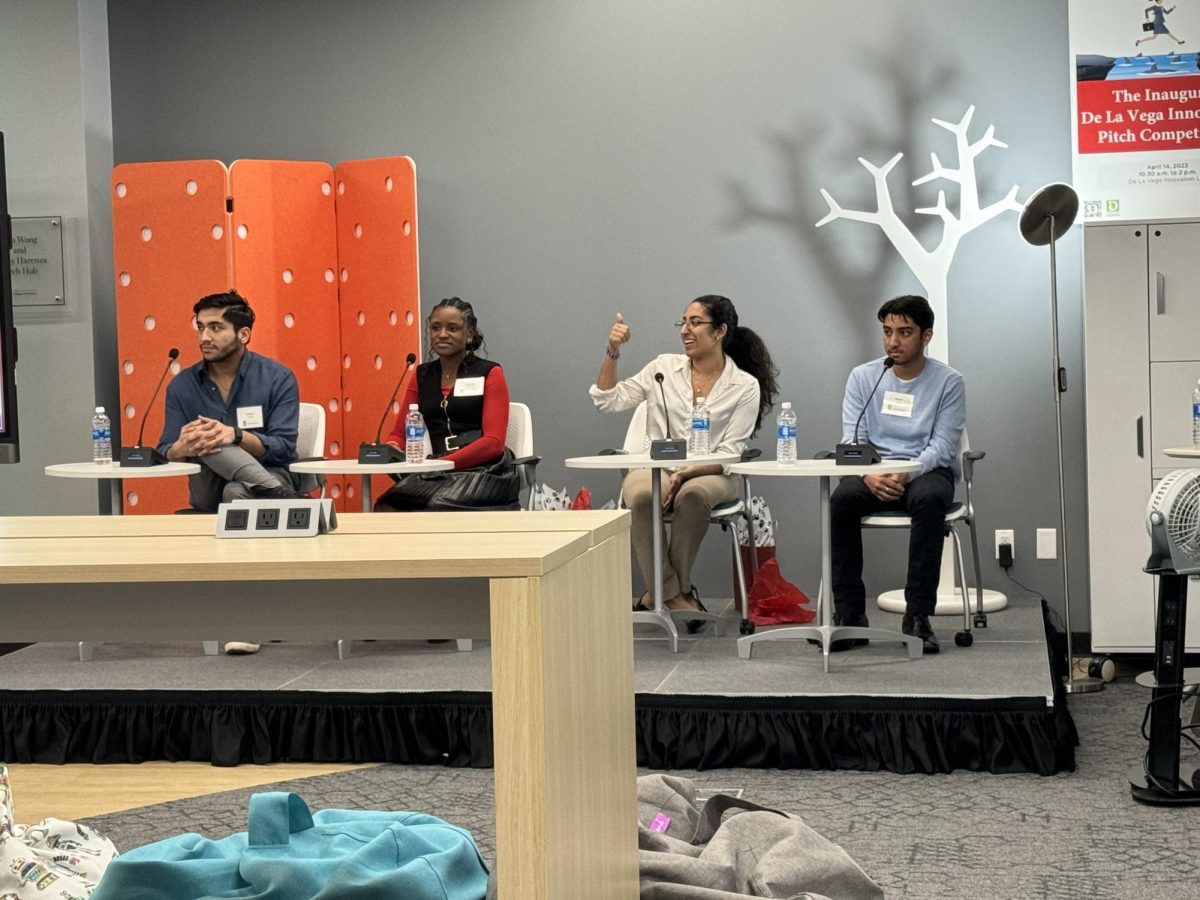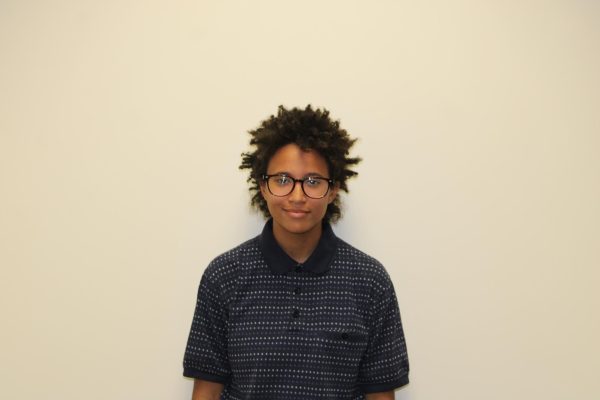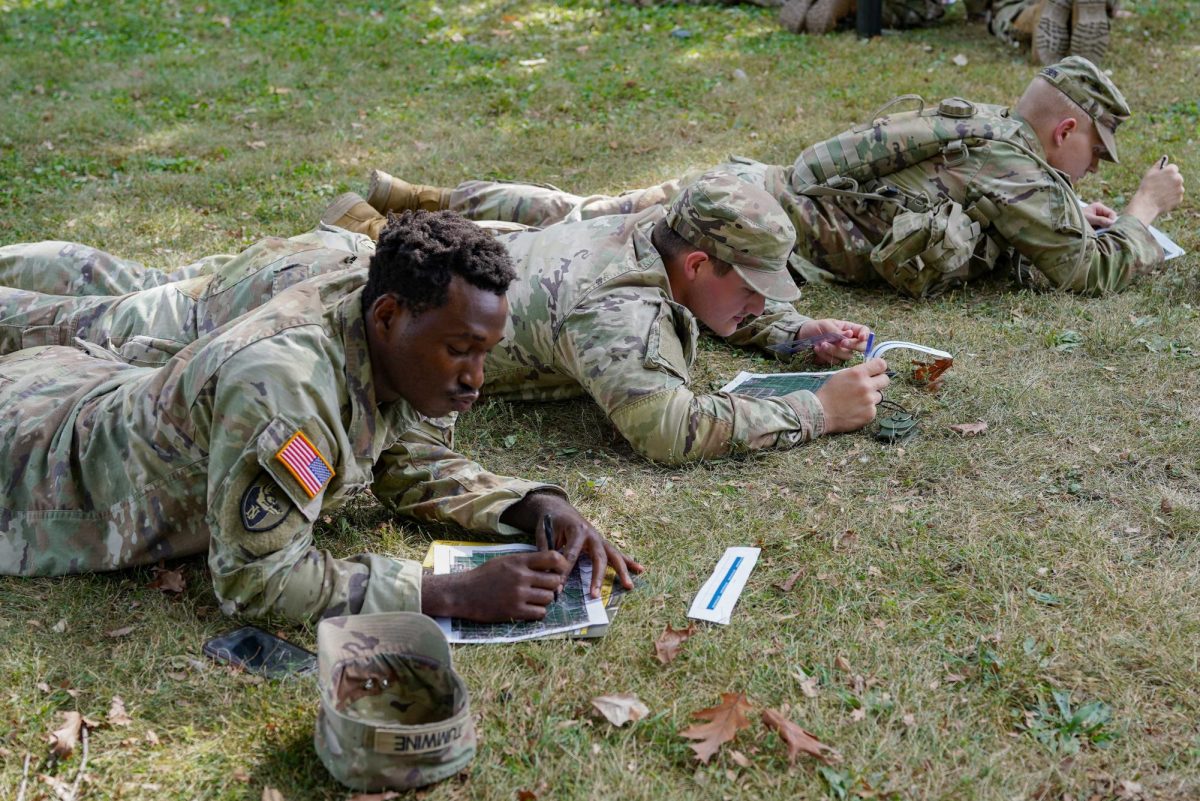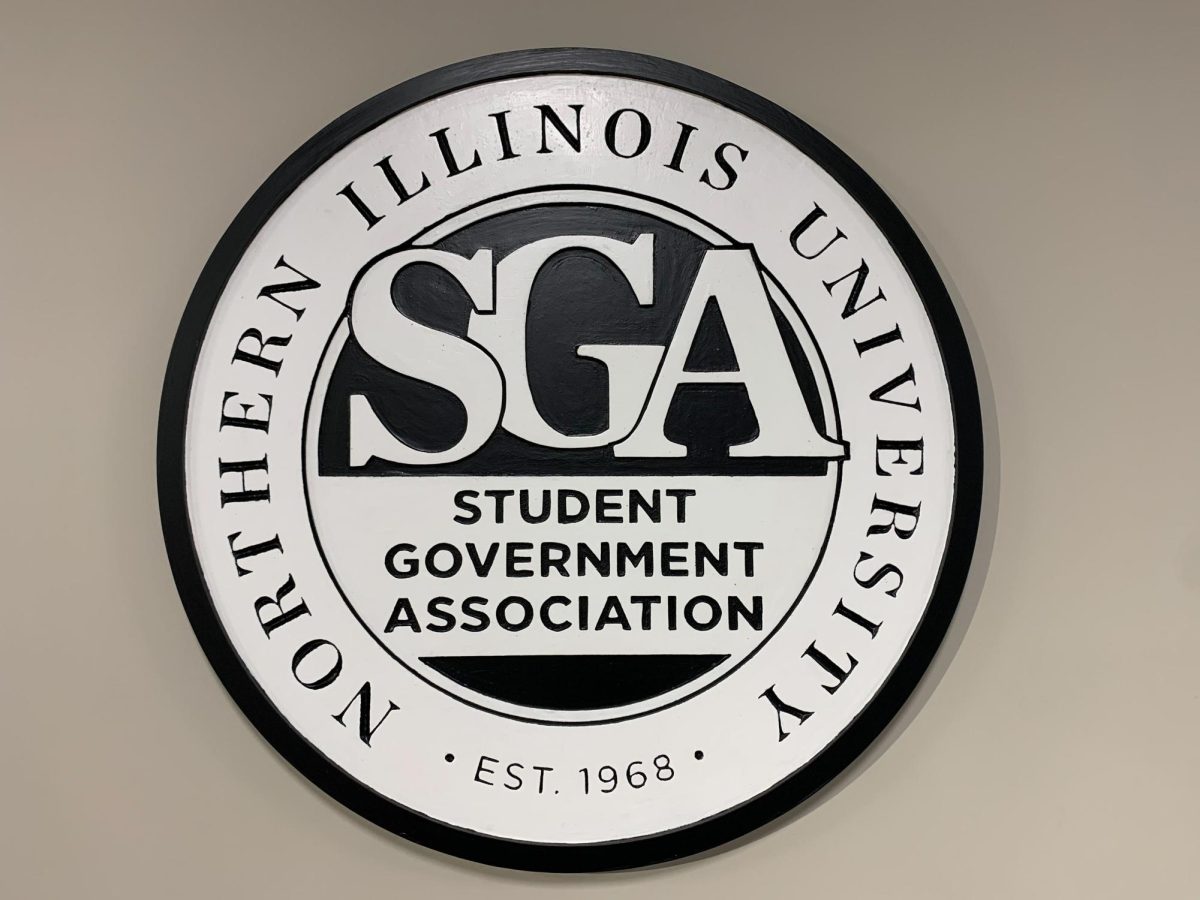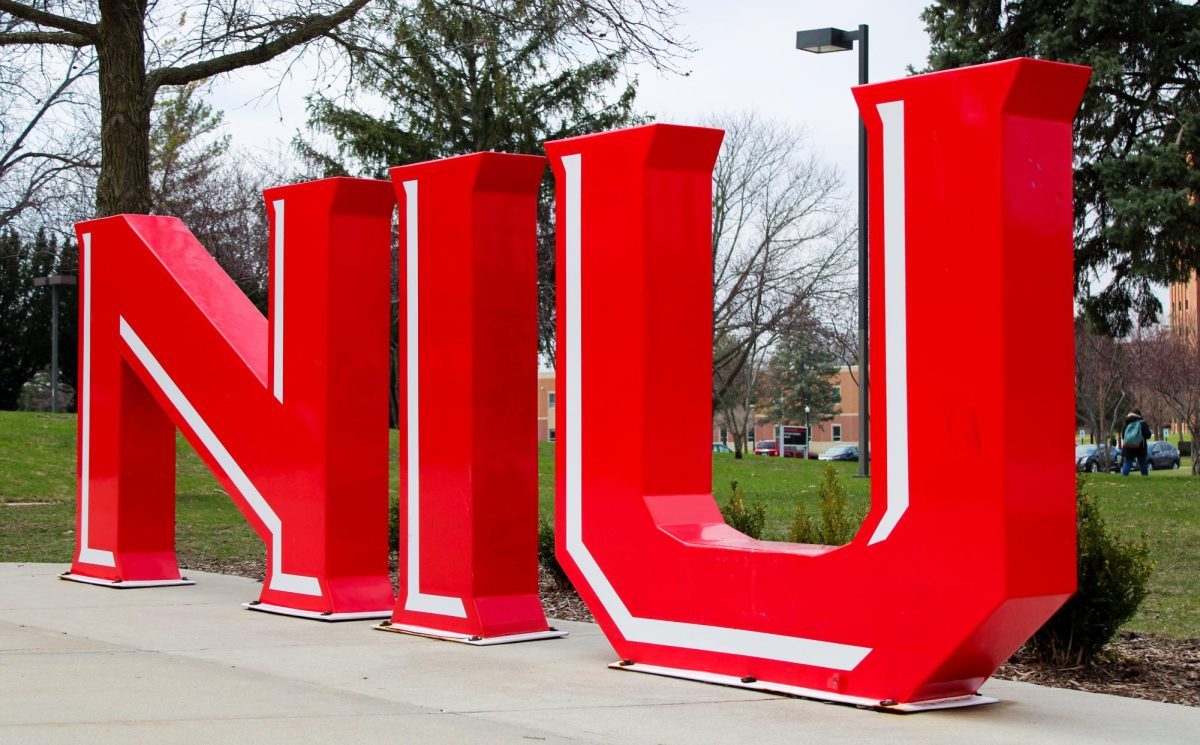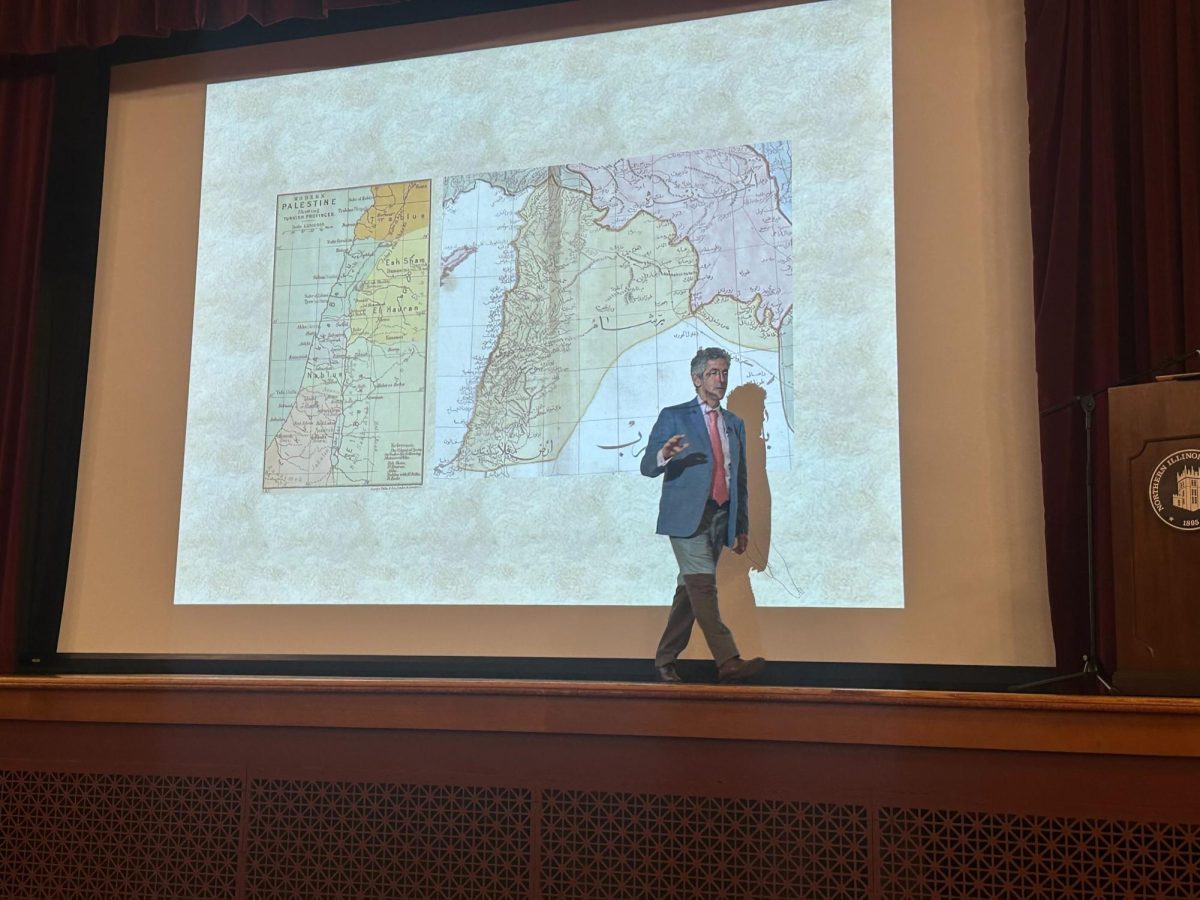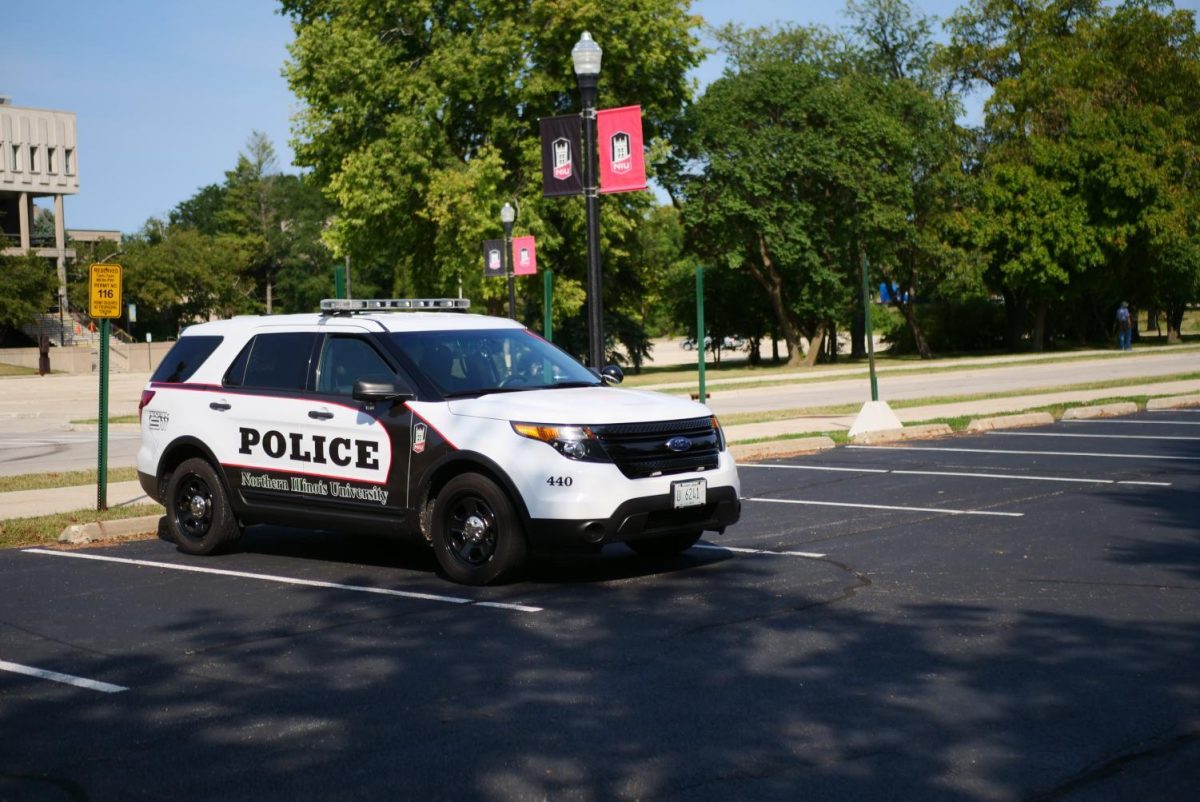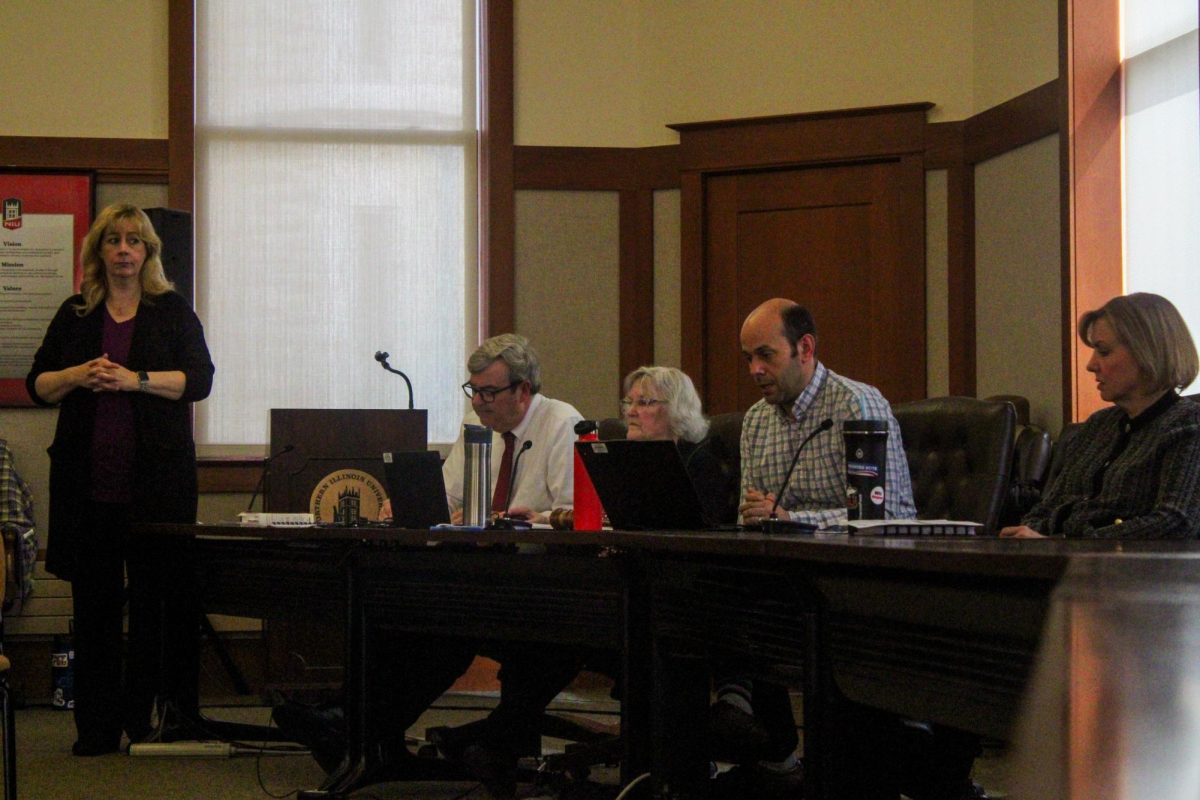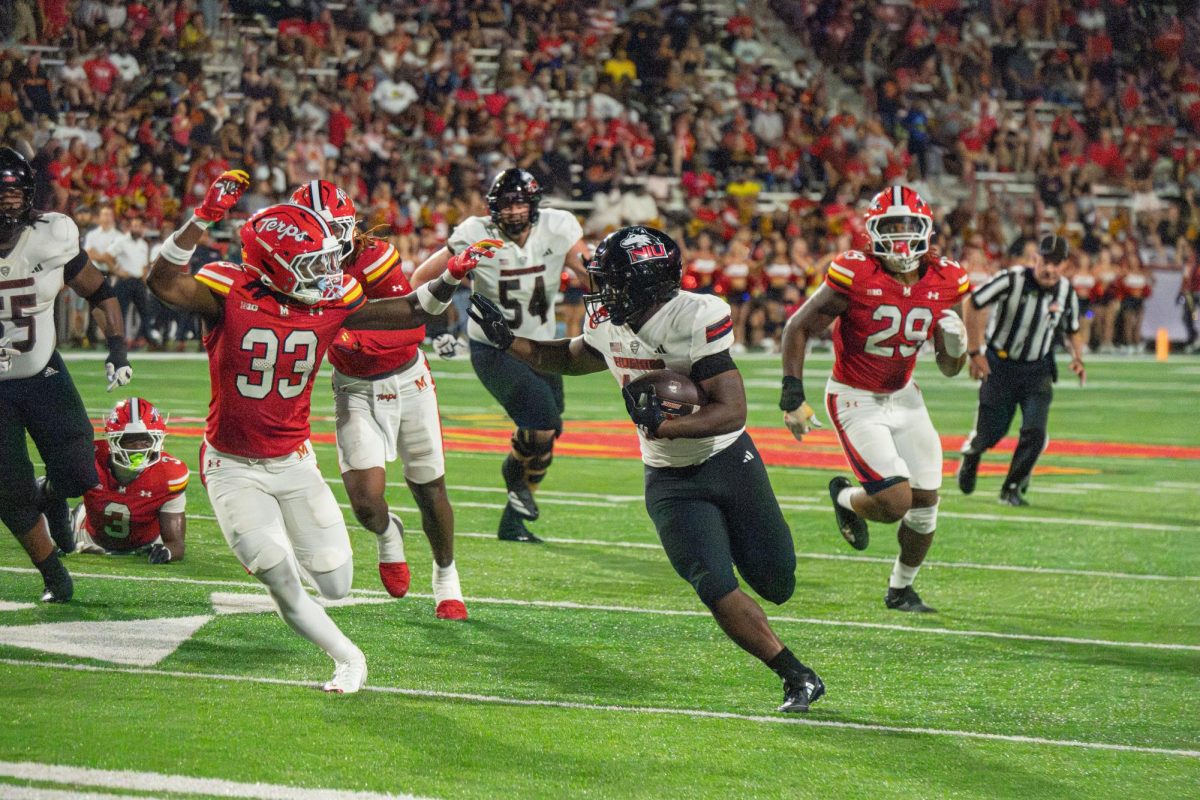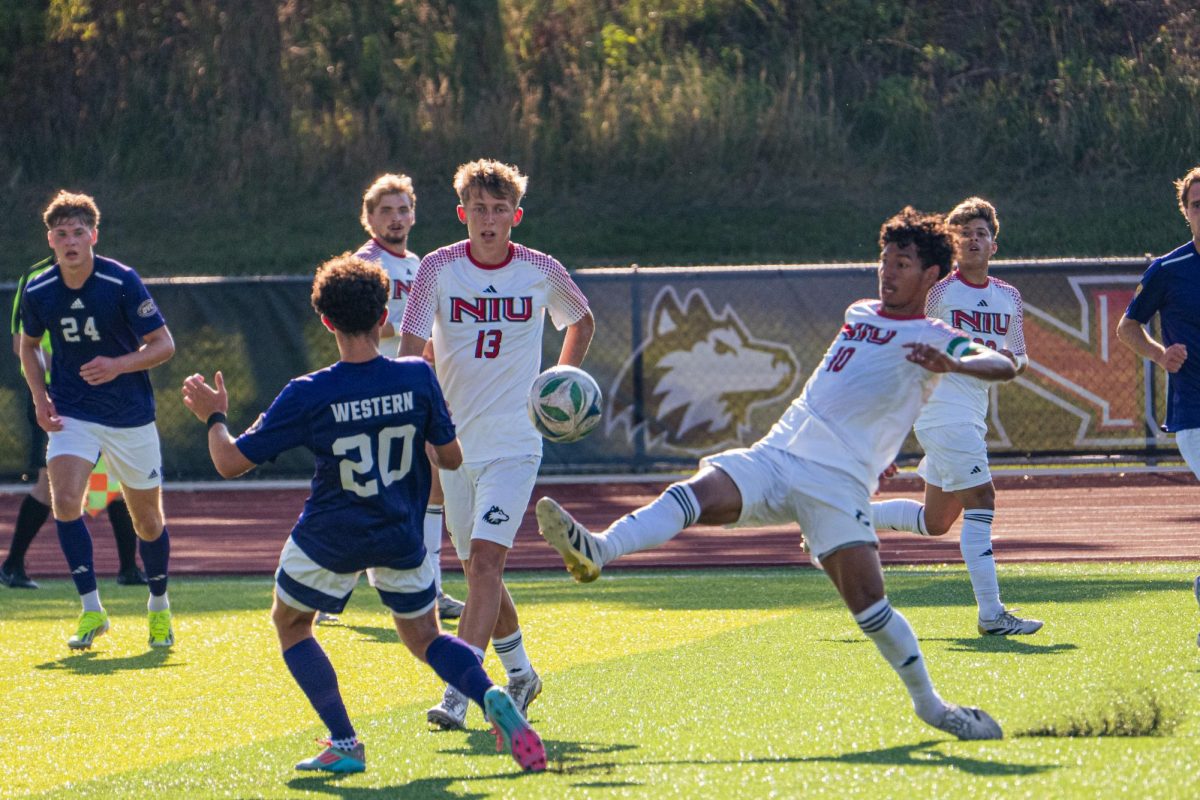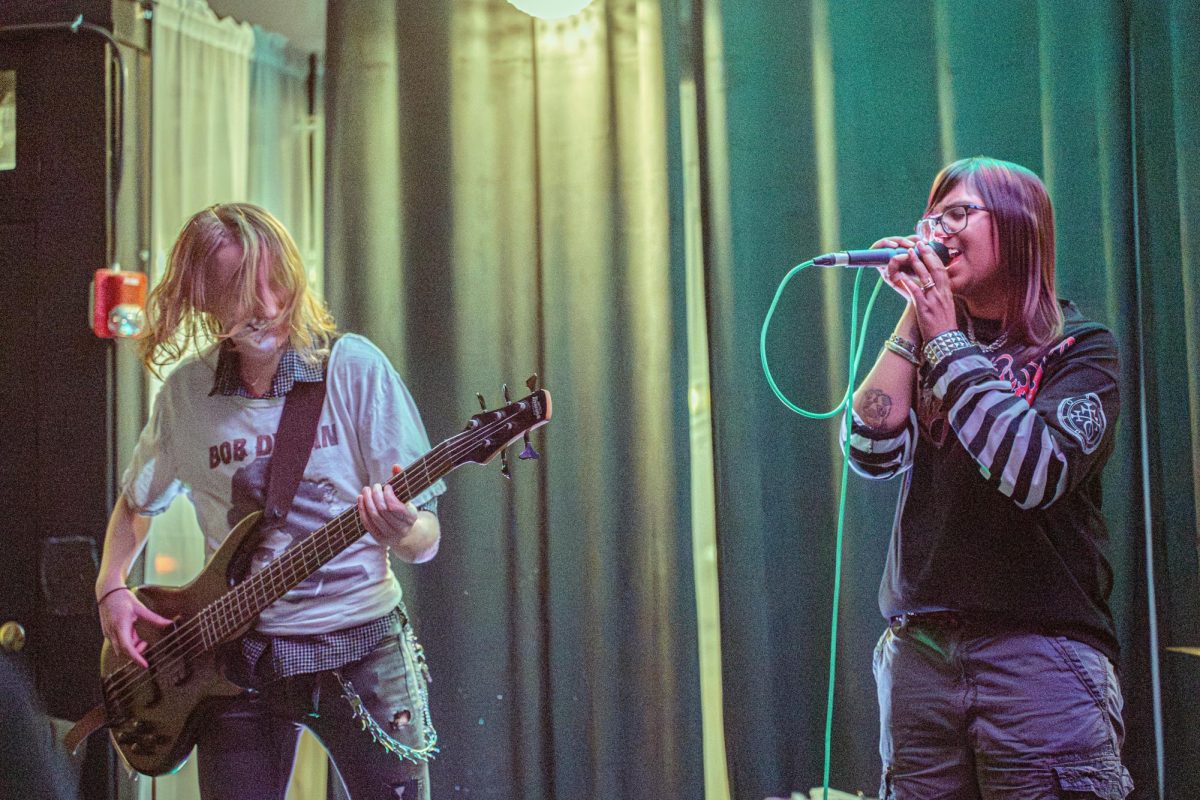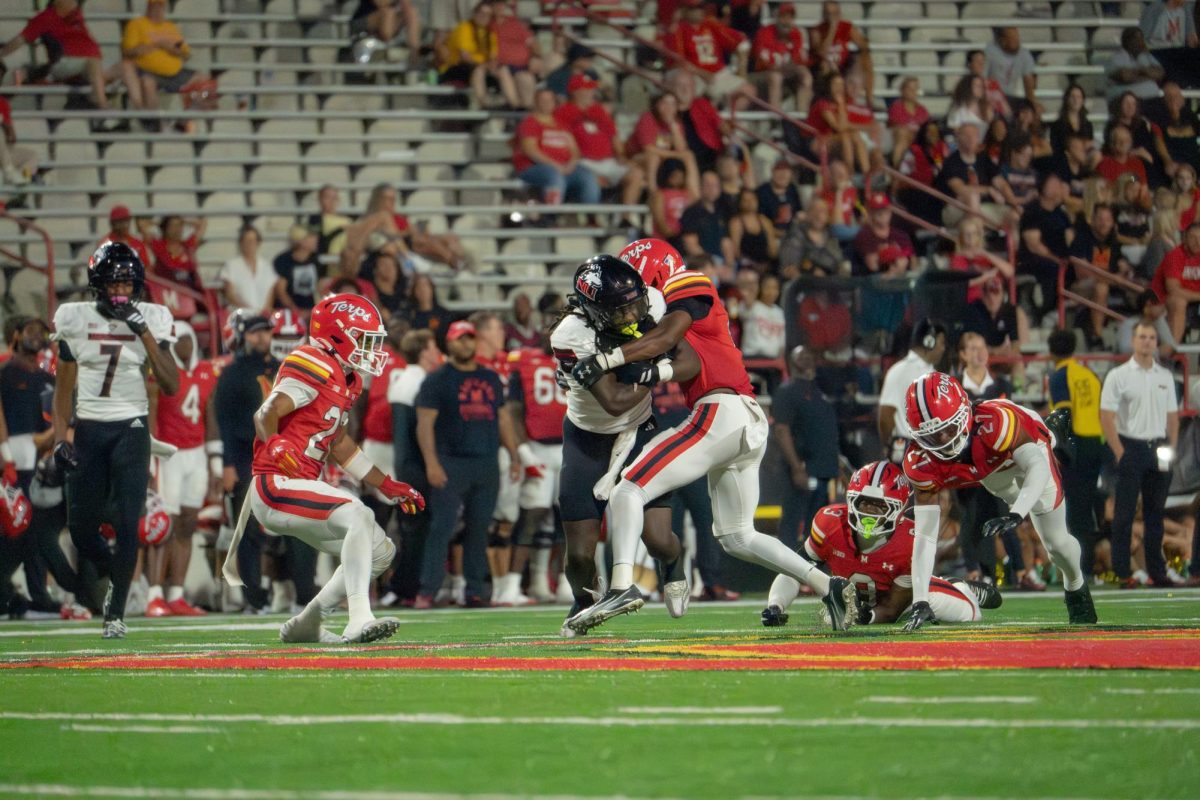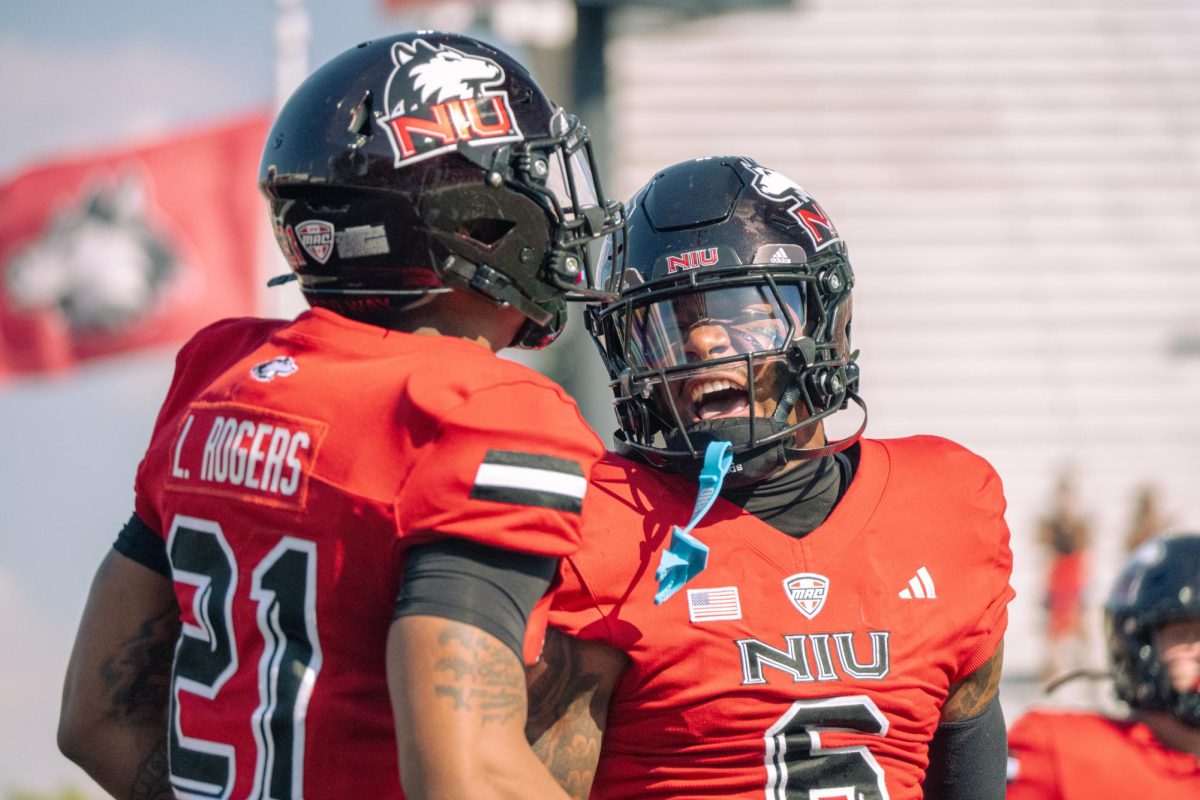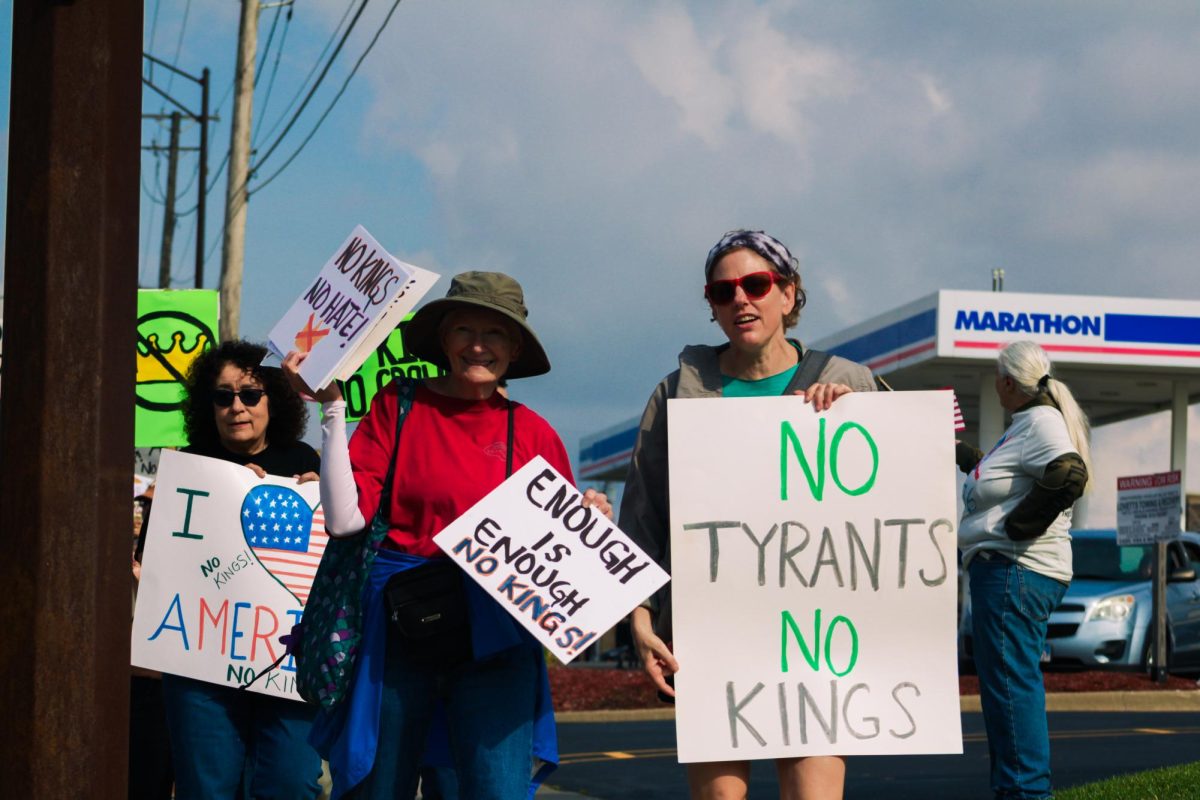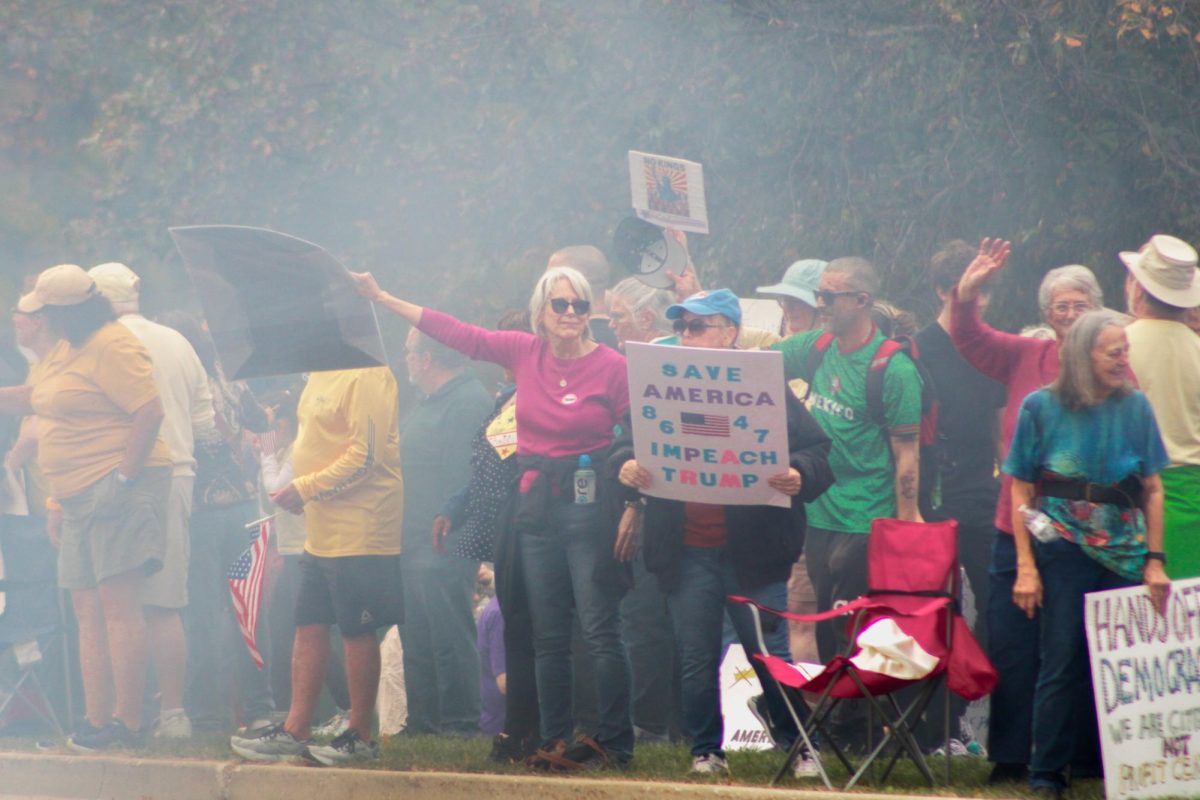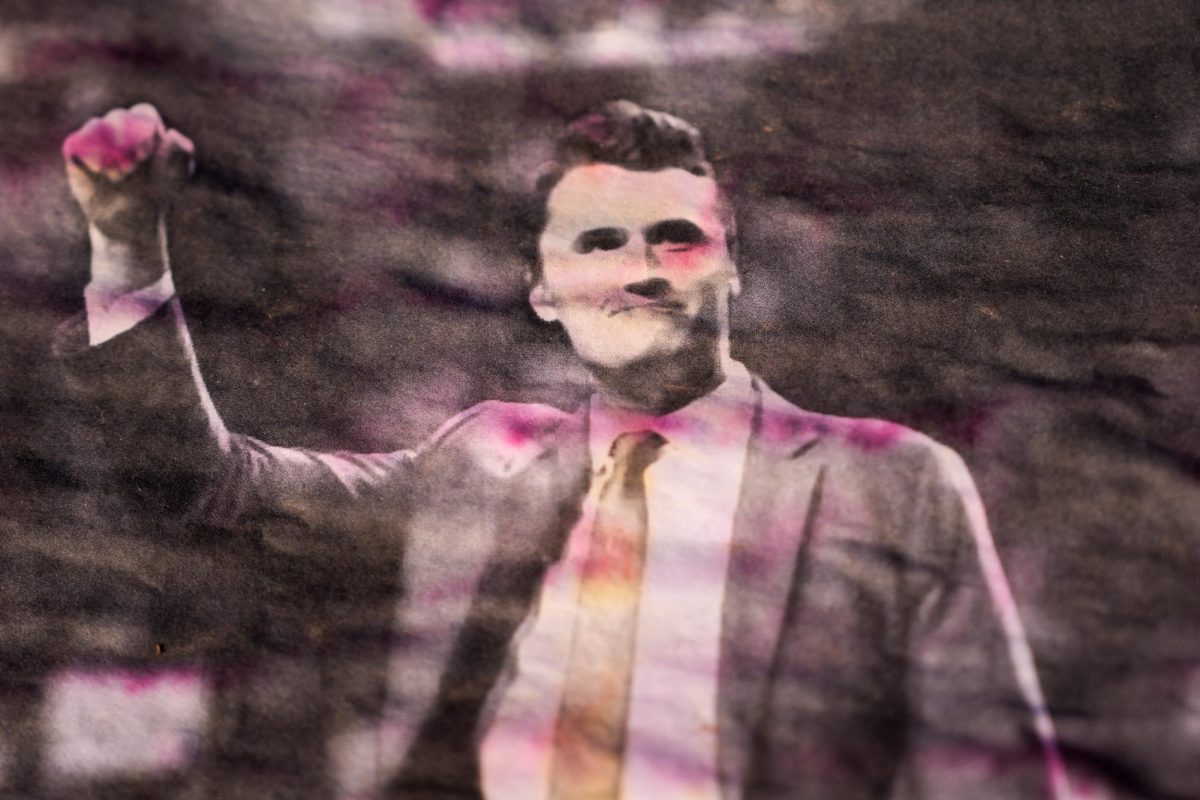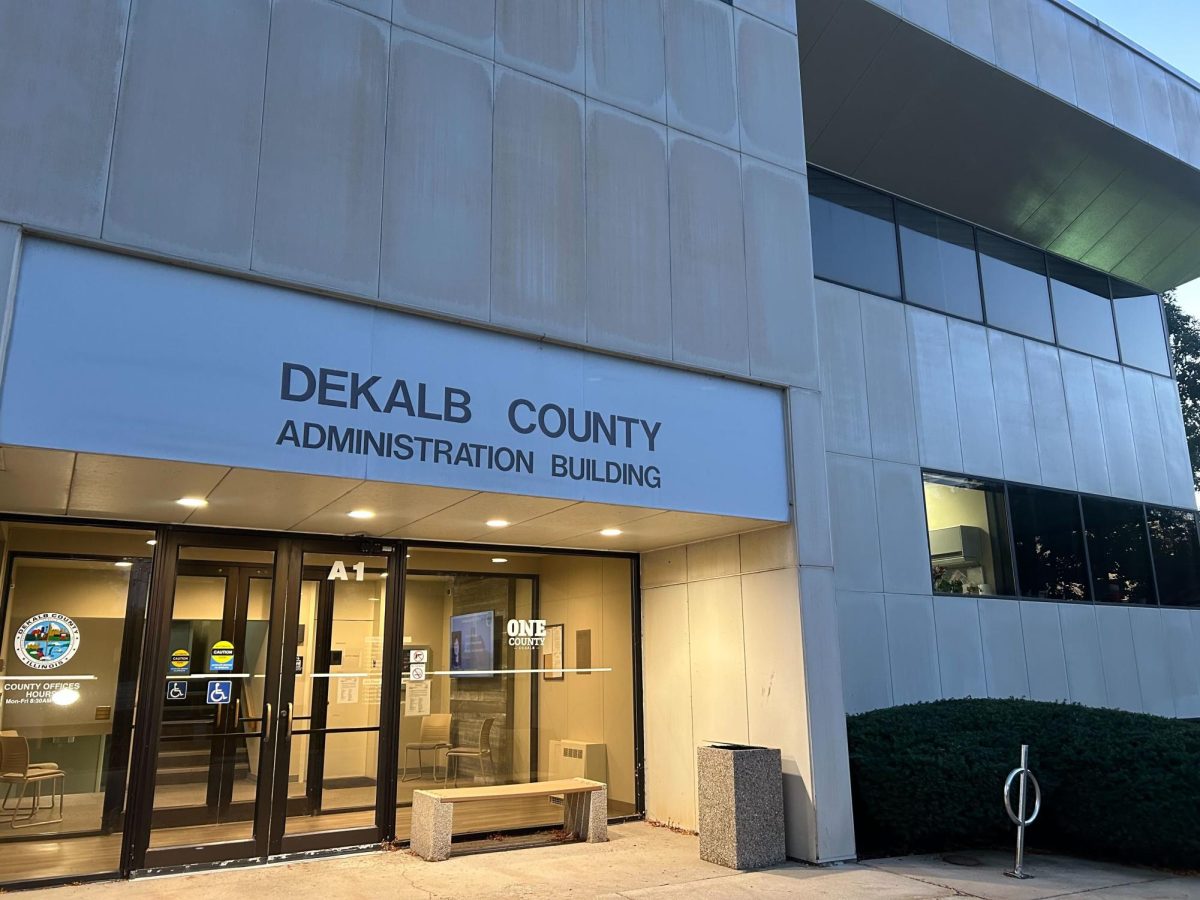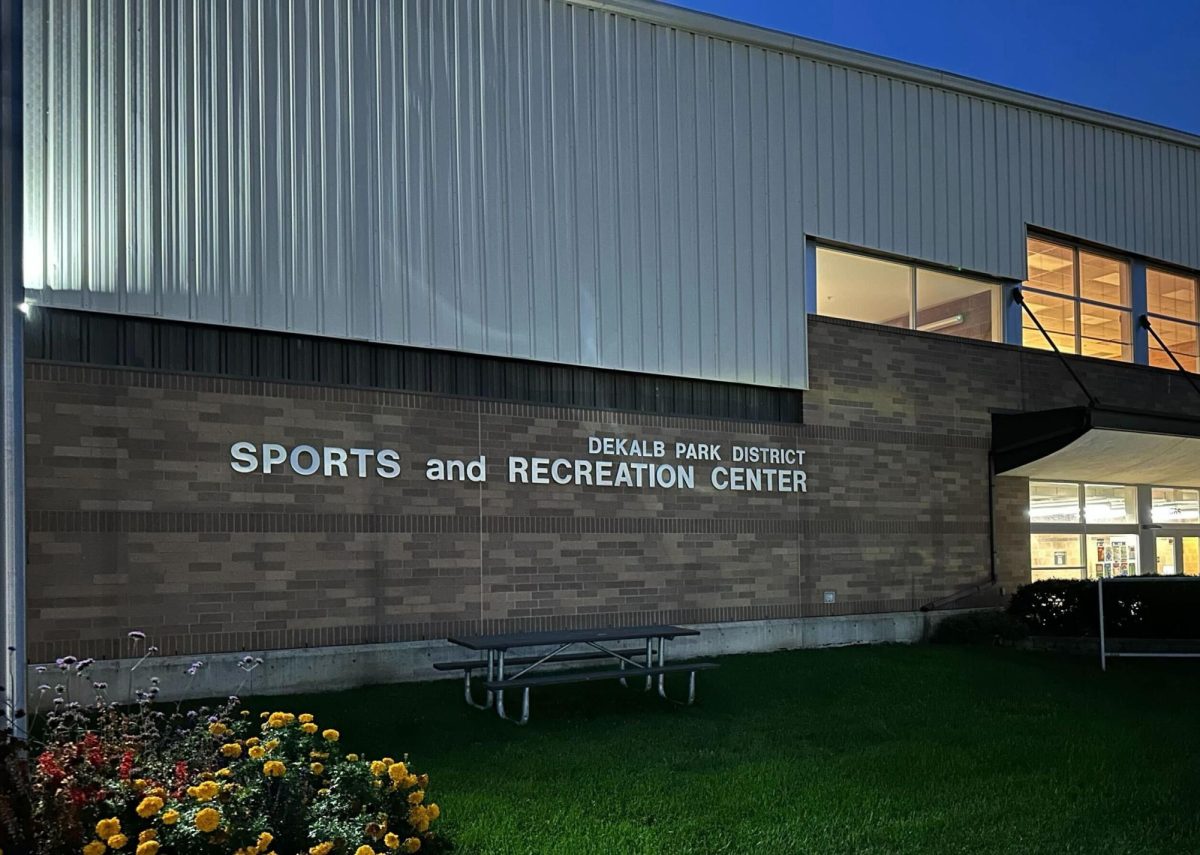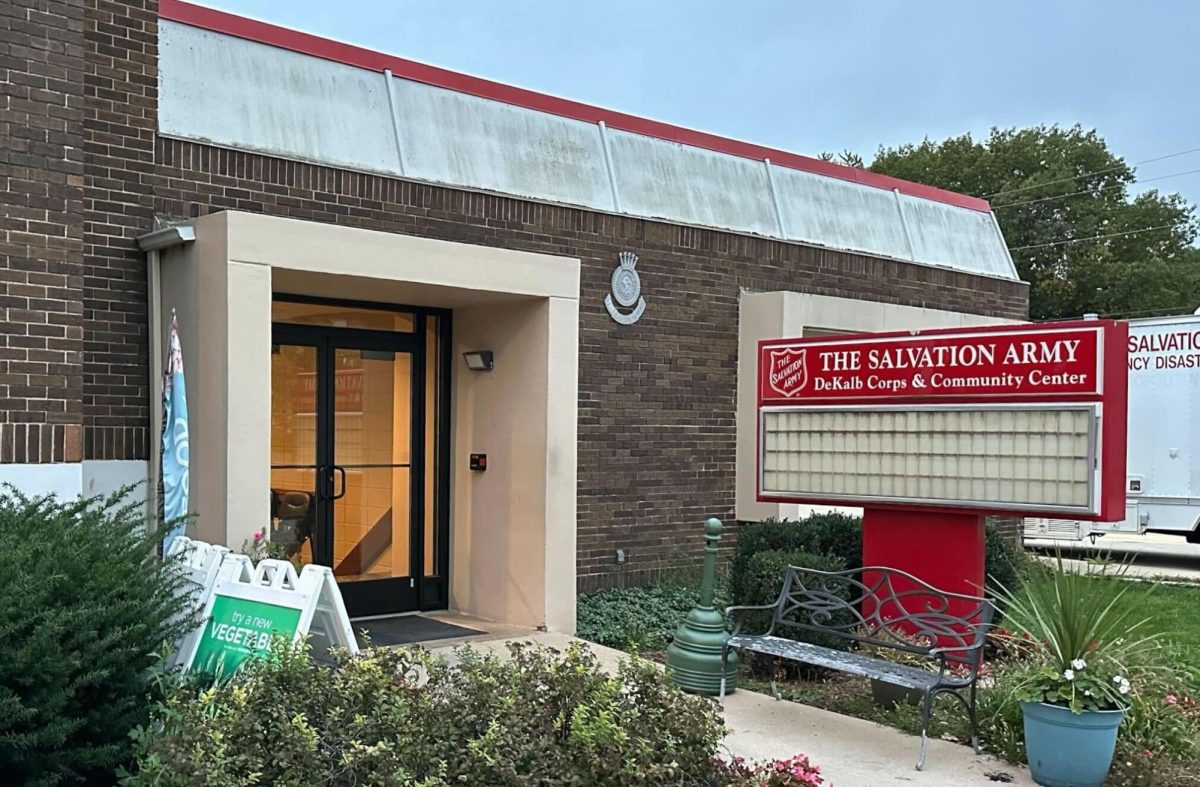DeKALB – The Young Trailblazers Panel brought four young CEOs and founders of businesses and non profit organizations to speak to NIU students about entrepreneurship and following their passions.
THE PANEL
The panel took place from 5 p.m. to 6 p.m. on Thursday in the De La Vega Innovation Lab in Barsema Hall where 45 students sat, listened, asked questions and learned.
The Young Trailblazers Panel had Tayyaba Ali, co-founder and CEO of Tikal Industries, Gustavo Casas, founder of Musk Co., Gabrielle Foreman, founder and CEO of Secondary Success and Beyond NFP and Shazor Khan, co-founder and CEO of MethodEASY.
Mike Florentine, a junior marketing major, said he thinks the event went great and he learned a lot from the panelists.
“It felt like you could actually relate to the speakers and it wasn’t just some old guy who was gonna give you kind of useless information,” Florentine said. “They gave you a look into what their day-to-day life was actually like.”
The panel was split into two parts. During the first part student mediators Keira McFarland, a senior accountancy major, and Ana Sifuentes, a senior business management major, asked the panelists questions. The second part was a question and answer session with the audience.
“There were a lot of questions that were really informative and a lot of people a part of the Q and A which was really helpful,” Khan said. “It was a packed room and there was a lot of participation.”
The panelists answered many different questions about how they got to this point in their careers along with how they persevere now.
The event ended at 6 p.m. and students were able to talk one on one with the panelists, some also connected on LinkedIn.
“It was a great opportunity to learn from them and kind of see how I can potentially be in their position in the future. Overall, it’s a great experience and networking opportunity,” said Sara Petrovska, a freshman operations management and information systems major.
Becca Husar, NIU associate director of innovation and partnership development in the College of Business, who helped plan the Young Trailblazers Panel, said she felt the panel was a great success. Husar was glad to see that even after the event, students were staying and chatting with the panelists.
“The event was really great, bringing in panelists that students can actually see themselves in, you can see it in the questions these students were asking, they can find an aspirational peer out of these panelists,” Husar said.
PATHWAY TO ENTREPRENEURSHIP
The panelists were asked questions about how they might still utilize what they learned in college.
Ali did not credit her success to college because she never finished her degree. Ali realized if she waited to finish college, she would have needed a doctorate.
“You have to know what degree matters in your field,” Ali said.
Casas said although he does not use his degree every day, he uses what extracurriculars and the college experience taught him daily.
“I owe everything to NIU, the reason I am the way I am is because of how I was shaped at NIU and the experiences I had,” Casas said.
Khan said he does not use what he learned in class every day, but the people he works with do.
“College is definitely a launch pad,” Khan said.
Foreman said her inspiration for Secondary Success and Beyond came to her while at NIU.
“For my honors capstone project I decided to start a non-profit because I saw a need in my community,” Foreman said.
All of the panelists agreed networking is one of the biggest things you can get out of college.
WHAT IT’S LIKE BEING A CEO AND FOUNDER
The panelists discussed feelings of imposter syndrome and how to deal with it.
“I have to be honest, I had those feelings before I got up on stage,” Foreman said.
Foreman said her family’s support helps her remember she belongs, along with remembering why she started her non-profit organization.
Casas said it helps him to know the people in charge do not know much more than anyone else.
“They aren’t any smarter than I can be,” Casas said.
The panelists were asked about how they stay motivated every day.
Ali said the most important part of being an entrepreneur and doing a startup is caring about what you’re doing, even being willing to die for it.
“There is no off switch, it is the whole shut up and drive thing,” Ali said.
Casas said motivation is not enough, it is all about discipline in order to keep going.
“You are as close to failing as you are succeeding,” Casas said.
Khan said he is a relatively anxious person.
“What helps me the most is not giving myself the choice to do things,” Khan said.
Ali talked about how she was diagnosed with autism, ADHD and short term memory loss and how she has learned to use it to her advantage.
“Being on the spectrum helps because I have really good time management,” Ali said. “Short term memory loss makes me real life Dory.”
The mediators announced the De La Vega Innovation Pitch Competition at the end of the event. Students can register online to pitch their own company and non-profit ideas to judges with the chance to win prizes. Registration closes at noon on Feb. 16.


